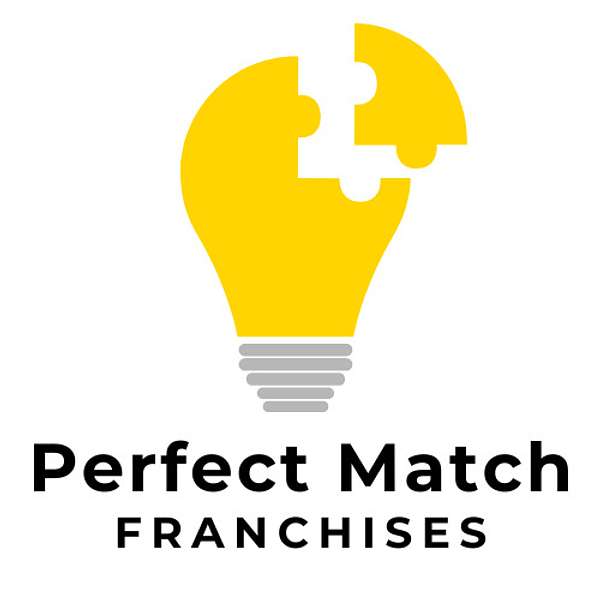
PerfectMatch Franchise Podcast
Do you want to start a business from nothing? Is your goal to leave your corporate job and become a franchise owner? Are you already an entrepreneur or business person who is looking to learn more? If the answer is yes to any of those questions then you are at the right place!
Steve and Dylan started their business from scratch while in college. With no money they hustled their way to a $1 million dollar local junk removal business and franchised the concept. After selling multiple units, they saw the value in giving potential franchisee candidates options in case they weren't interested in a junk removal concept. Thats when they started their franchise brokerage business.
As franchise brokers, they help match people interested in buying a franchise to multiple brands they fit perfectly with. Being franchisors of their own business gives the duo provide a unique expertise and value to anyone thinking about buying a franchise.
Tune in to hear conversations about their stories and other entrepreneurs like them; along with marketing, management and sales advice and strategies!
PerfectMatch Franchise Podcast
Episode 24: How Absentee is an Absentee Business
In this episode of the Perfect Match Franchise Podcast, Dylan and Steve explore the world of absentee franchise ownership. In this episode, they delve into the realistic aspects of running a franchise without being actively involved in day-to-day operations.
The hosts discuss different levels of absentee ownership, starting with the fully absentee model, which is ideal for investors with capital but limited time. They highlight how franchise brands often have management systems in place, similar to hiring a property manager for real estate, allowing owners to leverage the brand's infrastructure.
Dylan and Steve distinguish between absentee and passive ownership, emphasizing that even in absentee models, owners make high-level decisions. They use Rhino7 brands as an example, showcasing how certain franchises, particularly in home services and pet industries, can be run fully absentee.
The conversation then shifts to semi absentee ownership, with two main levels discussed. Level one involves minimal time commitment, averaging 3 to 15 hours per week, while level two includes having a management structure in place and checking in periodically.
The hosts stress the importance of understanding the criteria for making a business semi absentee, considering factors like profitability metrics. They caution that even in semi absentee scenarios, owners must be prepared for unforeseen events and be the last line of defense for their business.
Listeners gain insights into the time commitment for different levels of absentee ownership, with examples from Dylan and Steve's own experiences in the junk removal industry. The hosts encourage potential franchisees to build contingency plans and choose a business they are interested in to ensure long-term success.
In conclusion, the hosts remind listeners that absentee ownership doesn't mean complete passivity, and it's crucial to be invested in the success of the business. Whether fully absentee or semi absentee, franchising offers various options for entrepreneurs looking to balance their investments with their time commitments. If you're curious about franchising or absentee models, reach out to Dylan and Steve for more information. Join them until next time on the Perfect Match Franchise Podcast.